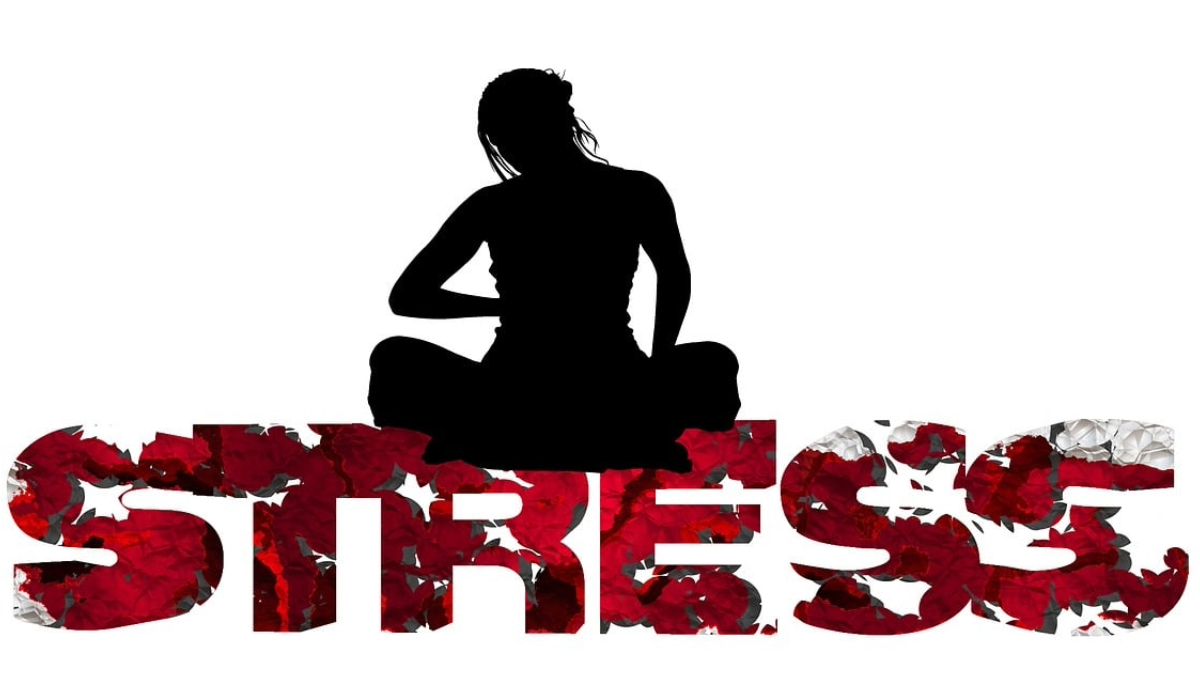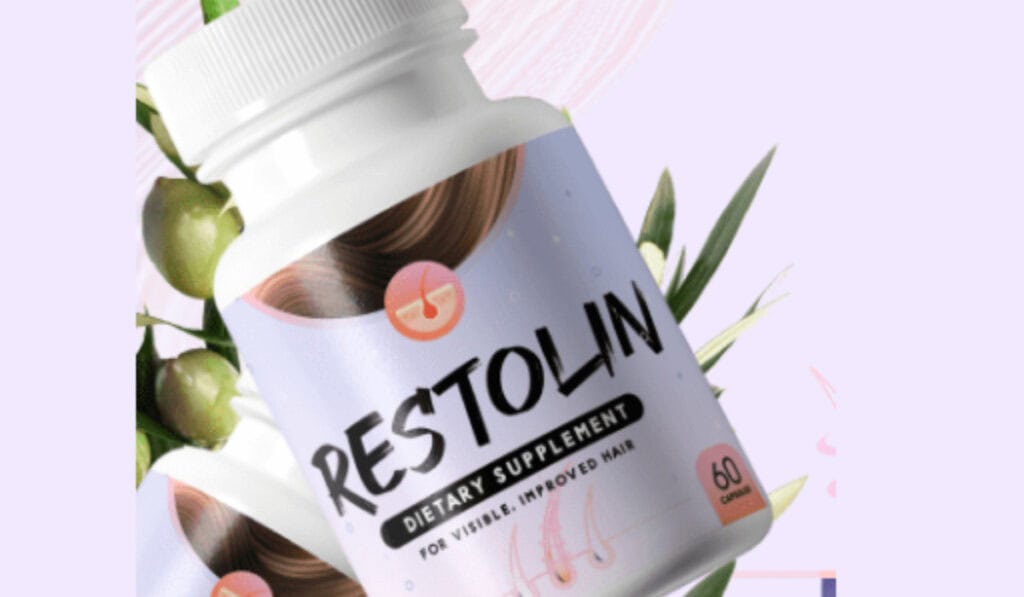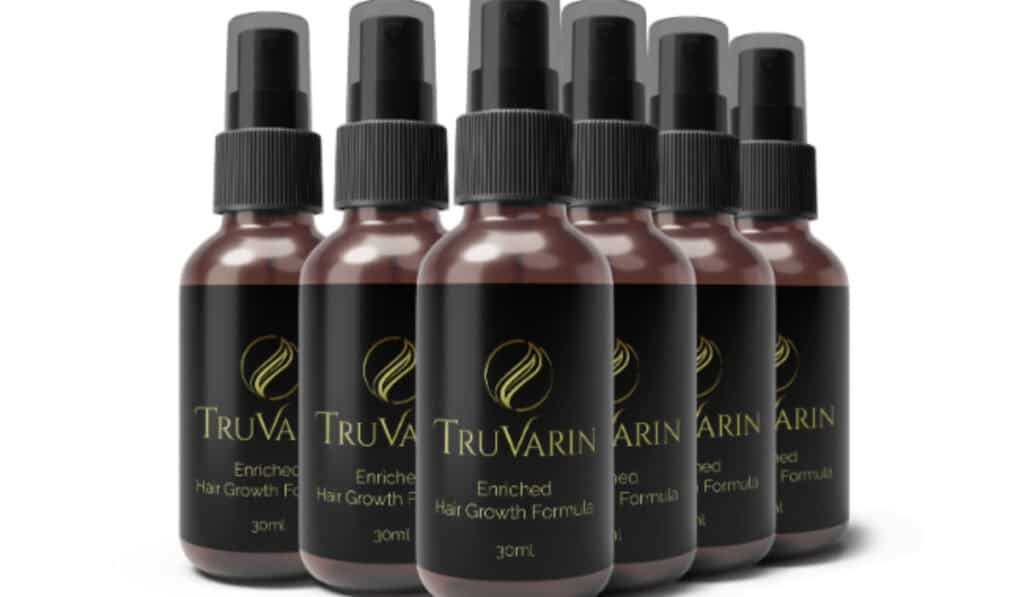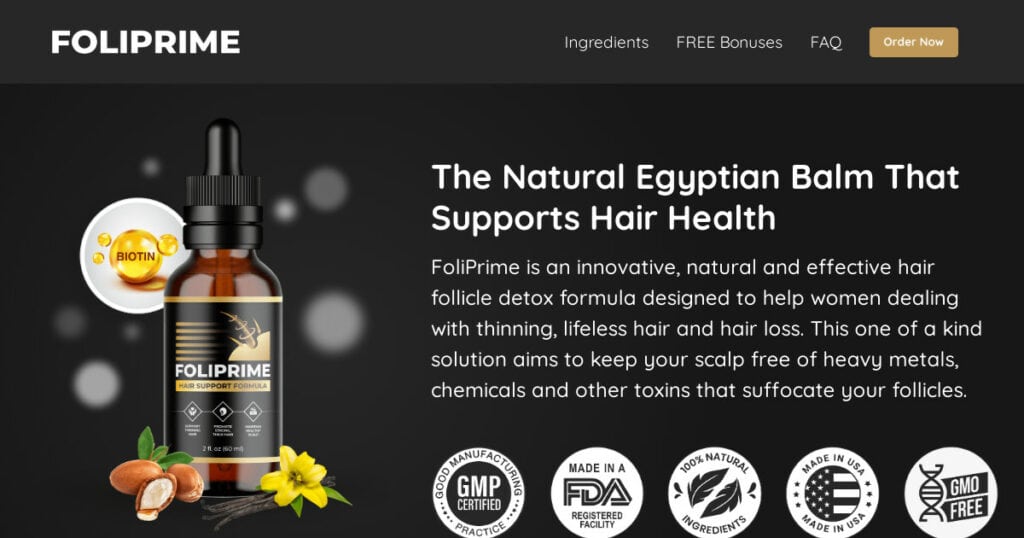Unveiling Effective Strategies
When you’re feeling stressed, it might seem like your hair is falling out more than usual. That’s not just in your head. Stress can lead to hair loss, but the good news is there are ways to manage stress and keep your hair on your head. Let’s dive into some strategies that can help you stay calm and keep your locks lush.
Learning to cope with stress is crucial. Whether it’s through yoga, meditation, or finding a hobby that relaxes you, finding your zen can make a big difference. Not only will it help you feel better, but it can also help your hair stay rooted. So, let’s explore how you can manage stress and prevent hair loss effectively.
Deciphering the Connection Between Stress and Hair Loss
Understanding how stress management can impact hair loss is key. Stress can throw off your body’s balance, affecting your hair’s natural growth cycles. By managing stress, you can help keep your hair growth steady and healthy. Let’s see how stress and hair loss are connected and how managing one can help the other.
The Impact of Stress on Hair Growth Cycles
When you’re under chronic stress, your body’s stress hormone, cortisol in humans, goes into overdrive. This can push hair follicles into a resting phase, halting the growth cycle. Without new hair growing, excessive shedding can occur. Stress also impacts follicle stem cells and the dermal papilla, which are crucial for hair health. So, to keep your hair growing, managing stress is a must.
Hormonal Imbalances Caused by Stress
The National Institute of Health has found that stress can lead to hormonal imbalances, directly affecting your hair. High levels of cortisol in humans can push more hair into the resting phase. This imbalance can keep follicle stem cells from doing their job, leading to thinner hair. Managing stress can help balance these hormones, keeping your hair full and healthy.
Identifying Stress-Induced Hair Loss Symptoms
Keeping an eye on stress management can help you spot signs of stress-induced hair loss, like a receding hairline. If you notice more hair on your pillow or in the shower, it might be time to evaluate your stress levels. Early recognition can make all the difference in preventing further loss.
Recognizing Excessive Shedding
Did you know stress pushes your hair from the growth cycle into excessive shedding? If you’re finding more hair than usual in your brush or shower drain, it’s a sign your hair might be under stress. Recognizing this early can help you take steps to manage your stress and reduce shedding.
Detecting Thinning Hair and Bald Patches Early
The American Academy of Dermatology notes that early signs of stress-related hair issues include thinning hair and bald patches. Known as telogen effluvium, this condition can be reversed by addressing the root causes, such as stress. Early detection and action are crucial for recovery.
Addressing the Root: Common Stress Triggers for Hair Loss
Understanding common stress triggers is vital in stress management to prevent hair loss. Hormonal imbalances caused by stress can significantly affect your hair’s health. Identifying and managing these stressors can help keep your hair thick and healthy.
Navigating Through Financial Stress Without Losing Hair
Financial worries are a big stressor for many. Learning stress management techniques can help you handle money concerns without affecting your hair. Planning, budgeting, and seeking financial advice can reduce stress levels and promote hair health.
Managing Relationship and Health-Related Stress
Maintaining a healthy diet can be a great way to manage stress from relationships and health issues. Foods rich in vitamins and omega-3 fatty acids can boost your mood and hair health. Remember, taking care of your body and mind is key to managing stress.
Lifestyle Modifications to Foster Stress Relief and Hair Restoration
Stress management isn’t just about handling stress; it’s also about making lifestyle changes that support overall health, including your hair. Let’s explore how some adjustments can make a big difference.
Incorporating a Healthy Diet for Optimal Hair Health
A healthy diet plays a big role in keeping your hair strong. Foods rich in vitamins and omega-3 fatty acids can promote healthy hair growth. Remember, a balanced diet supports a balanced mind, helping you manage stress and maintain lush locks.
Nutrients Essential for Hair Growth
For your hair to go through its growth cycle, it needs the right nutrients. A diet lacking in essentials can be as stressful on your hair as chronic stress. Vitamins and omega-3 fatty acids nourish the dermal papilla, a part of the hair follicle crucial for growth. So, make sure your diet is helping, not hindering, your hair’s health.
Enhancing Hair and Scalp Health Through Exercise
Exercise isn’t just good for your body; it’s also great for your hair. Activities that reduce stress can promote healthy hair growth. A balanced diet combined with regular exercise ensures your hair gets the nutrients it needs, like omega-3 fatty acids, to stay strong and healthy.
The Role of Herbal Supplements and Essential Oils in Hair Care
Herbal supplements and essential oils can also promote hair growth by nourishing the dermal papilla. These natural remedies can be a great addition to your hair care routine, helping to keep your hair thick and healthy as part of a stress management strategy.
Rejuvenating Your Scalp With Regular Massage
Massaging your scalp can lower stress levels, which might stop hair from falling out too much. When you massage your scalp, you help blood flow better to the hair roots. This can help new hair grow. Using peppermint oil during the massage may be extra helpful because it can make the skin on your head healthier and promote hair growth by waking up the dermal papilla cells under your skin.
The Significance of Adequate Hydration and Sleep
Drinking enough water and getting plenty of sleep are key to keeping your hair healthy. Your body needs water to keep every part of you working right, including your hair. Sleep is just as important because that’s when your body fixes itself, and this includes making sure your hair stays healthy. So, make sure you drink lots of water and get enough sleep every night to help your hair look its best.
Embracing Gentle Hair Care Practices
Being gentle with your hair can help you avoid losing it when you’re stressed. This means not pulling or twisting your hair too hard and being kind when you brush or comb it. If you’re gentle, you’re less likely to pull out hair by accident. This is especially important if you notice your hair falling out more than usual because of stress.
Avoiding Harsh Chemicals and Heat
Using a lot of chemicals or heat on your hair can damage it and make it fall out. Try not to use things like hair dye or straighteners too often. These products can hurt your hair and make it weak. If you want to keep your hair healthy, try to use less of these things and give your hair a break to get stronger.
Choosing Gentle Hair Care Products for Regular Use
When picking products for your hair, look for ones that are gentle and made for sensitive skin. These kinds of products won’t have harsh chemicals that can harm your hair. Using gentle shampoos and conditioners can help keep your hair strong, even when you’re dealing with a lot of stress. This way, you can help stop your hair from falling out too much.
The Path to Professional Care for Stress-Induced Hair Loss
If you’re losing a lot of hair because of stress, it might be a good idea to talk to a doctor. They can help you figure out the best way to manage your stress and take care of your hair. Sometimes, managing stress on your own isn’t enough, and getting professional help can make a big difference in how much hair you lose.
When to Consider Topical and Oral Medications
If your hair is falling out a lot because of stress, there are medicines that might help. Conditions like telogen effluvium make your hair fall out more when you’re stressed. Both men and women can have this problem. A doctor can tell you about creams you put on your scalp or pills you take to help your hair stop falling out so much.
Exploring Hair Restoration Procedures as a Last Resort
If you’ve tried a lot of things and your hair is still falling out, there are medical treatments that can help new hair start growing. These treatments work on the skin of your scalp to help new hair grow. Remember, these are usually the last thing you try after other things haven’t worked. A doctor can tell you if this is a good choice for you.
The Importance of Seeking Professional Mental Health Support
Getting help for your mental health is a big part of dealing with hair loss caused by stress. There are many treatment options that can help you manage your stress better. Conditions like trichotillomania, where you can’t stop pulling out your hair, can also lead to hair loss. Talking to a mental health professional can help you find ways to manage your stress and stop pulling out your hair.
Comprehensive Wellness to Combat Stress and Hair Loss
Managing stress is key to stopping hair loss. Taking care of your whole body, including your immune system, can help. When you’re less stressed, your body works better, and this can help keep your hair from falling out. Try to find ways to relax and take care of your health overall to help your hair stay healthy.
Establishing a Sustainable Self-Care Routine
Keeping stress levels low is important for your hair. It’s advisable to consult with a healthcare provider if you think stress is making your hair fall out. They can check for nutritional deficiencies and make sure you’re getting the right vitamins and minerals. This is part of maintaining healthy habits that support your whole body, including your hair.
Balancing Work and Life to Minimize Stress
The National Institute of Health says that finding a good balance between work and your personal life can help lower stress. This means making time for things you enjoy and not letting work take over your life. When you’re less stressed, it’s better for your hair and your overall health. Try to find a balance that works for you.
The Impact of Regular Physical Activity on Reducing Stress
Exercise is a great way to manage stress. It enhances circulation throughout the body, which can also help keep your hair healthy. When you’re active, your body feels better and your stress levels can go down. This means you might not lose as much hair because of stress. So, try to make exercise a regular part of your life.
Empowering Yourself with Knowledge
Understanding what causes your hair to fall out can help you find the best way to take care of it. There are many reasons people lose their hair, and knowing these can help you avoid things that make it worse. Learning about your hair’s needs can empower you to make the best choices for keeping it healthy.
Understanding the Various Types and Causes of Hair Loss
There are many reasons why people lose their hair, including stress. Male pattern baldness is common, but stress can affect anyone’s hair. Sometimes, hormone levels change and cause hair loss. For some people, there’s an irresistible urge to pull their hair out. Knowing what’s causing your hair loss can help you find the right way to take care of it.
How to Diagnose Hair Loss Early and Accurately
Diagnosing hair loss early involves noticing signs like more hair in your brush or on your pillow. If your scalp becomes more visible or you find bald patches, these are clear indicators. A healthcare provider can confirm if it’s alopecia areata or another form of hair loss. They might use tools to look at your scalp closely or perform tests to check your health overall.
A Holistic Outlook on Prevention and Prognosis
Preventing hair loss starts with understanding your body and taking care of it. Eating healthy, managing stress, and avoiding harsh hair treatments can help. If you’re facing hair loss, the prognosis can be positive with early treatment. It might include medications or lifestyle changes. Remember, each person’s journey with hair loss is unique.
Strategies for Preventing Hair Loss Before It Starts
To prevent hair loss, protect your scalp from too much sun exposure, which the Cleveland Clinic suggests can harm not just your skin but also your hair. Wearing a hat or using sunscreen on your scalp can help. Also, eating foods rich in vitamins and minerals supports healthy hair. Avoiding tight hairstyles that pull on your hair can also prevent hair loss.
Navigating Life with Hair Loss: A Prognostic Overview
Living with hair loss can feel challenging, but there are many ways to cope and improve your situation. Embracing hair care routines that are gentle on your scalp and exploring hair restoration options can make a difference. Remember, it’s also important to address the emotional aspect by seeking support from friends, family, or professionals.
Capturing the Essence: A Comprehensive Conclusion on Stress, Hair Loss, and Prevention
Understanding the connection between stress and hair loss is crucial for taking proactive steps towards prevention. The underlying mechanisms show that when your body produces too much stress and anxiety, it can lead to hormonal imbalances affecting your hair growth. Scalp massages and the use of rosemary oil are gentle, effective ways to care for your body and scalp, promoting hair health. In more severe cases, PRP treatment offers a scientifically backed option, though it’s essential to manage emotional stress to prevent its onset. With the right knowledge and tools, you can navigate the challenges of stress-induced hair loss, embracing strategies that support both your mental and physical well-being.





